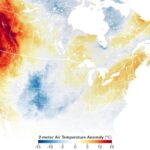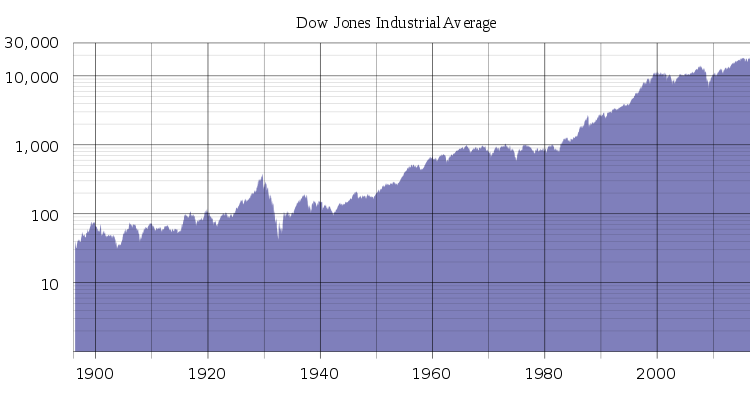Aging migrants pay taxes but lack access to Social Security and Medicare
- Growing number of undocumented immigrants reaching retirement age without savings or access to Social Security or Medicare
- Many continue working until physically unable or rely on help from family members
- Some are making plans to return to their native countries
- Unauthorized immigrants pay Social Security and Medicare taxes but are barred from receiving benefits
- Some states provide health coverage to low-income senior citizens who are unauthorized migrants
A growing number of undocumented immigrants are reaching retirement age without savings or the safety net of Social Security or Medicare. This group of financially insecure baby boomers is poised to strain community services and often continue working until they are physically unable. Some rely on help from younger family members, while others are making plans to return to their native countries. While many undocumented immigrants work under the table, some find jobs in the formal sector and pay Social Security and Medicare taxes. However, they are not eligible to receive benefits from these programs. Some states, such as California, Colorado, and Illinois, provide health coverage to low-income senior citizens who are unauthorized migrants. Immigrant advocates argue that people who have lived and worked in the U.S. for decades deserve assistance in their older years, regardless of legal status. Critics of stricter immigration controls argue that undocumented immigrants contribute more in taxes than they receive in benefits. As unauthorized migrants age, their healthcare needs become significant, as they often lack health insurance and suffer from chronic illnesses. The lack of retirement plans and available work opportunities for aging unauthorized migrants further exacerbate their financial insecurity. Some advocates are pushing for the governments of immigrants’ home countries to assist in providing support for their aging citizens living in the U.S. without legal status. While many unauthorized migrants try to remain in the U.S. for their twilight years, some decide to return to their native countries where they may have homes and other resources to support themselves.·
Factuality Level: 7
Factuality Justification: The article provides a detailed and factual account of the challenges faced by undocumented immigrants in the U.S. who are reaching retirement age without savings or access to Social Security or Medicare. It includes statistics, quotes from individuals affected, and perspectives from both advocates and critics of providing assistance to this population. The information presented is relevant, well-researched, and objective, without significant bias or sensationalism.·
Noise Level: 3
Noise Justification: The article provides a detailed and insightful look into the challenges faced by undocumented immigrants hitting retirement age in the U.S. It explores the financial insecurity, lack of social safety nets, and the debate around public assistance for this population. The article includes personal stories, statistics, and perspectives from both advocates and critics, offering a comprehensive view of the issue.·
Key People: Marta Salazar (Undocumented Immigrant), Yanira Cruz (President of the National Hispanic Council on Aging), Robert Rector (Senior Research Fellow at the Heritage Foundation), Maria Bravo (Undocumented Immigrant), María Marroquín (Executive Director of the Day Worker Center of Mountain View), Manuel Lara (Day Worker), Pablo Alvarado (Co-Executive Director of NDLON), Francisco Solano (Undocumented Immigrant)
Financial Relevance: No
Financial Markets Impacted: No
Financial Rating Justification: This article does not pertain to financial topics or events that impact financial markets or companies. It discusses the financial challenges faced by undocumented immigrants in retirement, but it does not provide any information or analysis related to financial markets or companies.·
Presence Of Extreme Event: No
Nature Of Extreme Event: No
Impact Rating Of The Extreme Event: No
Extreme Rating Justification: ·
 www.wsj.com
www.wsj.com 





